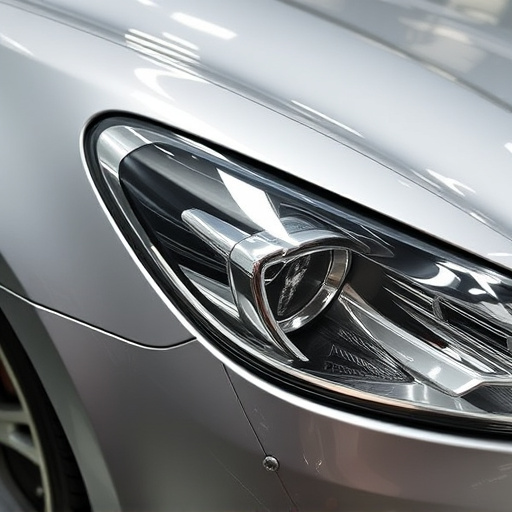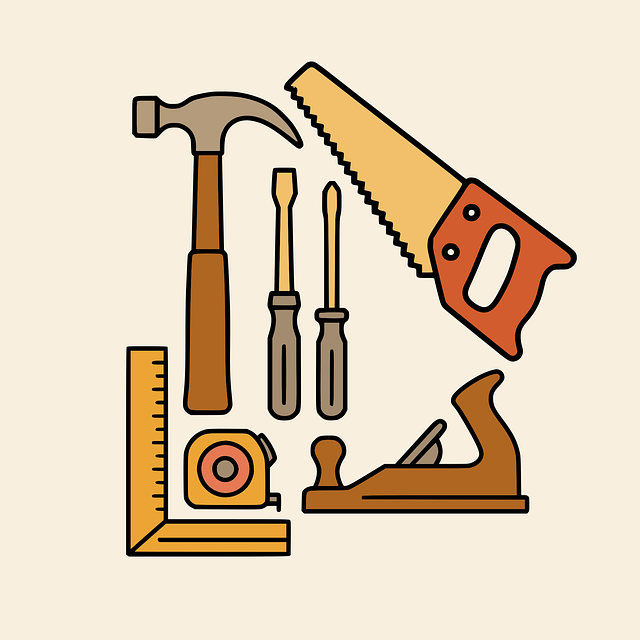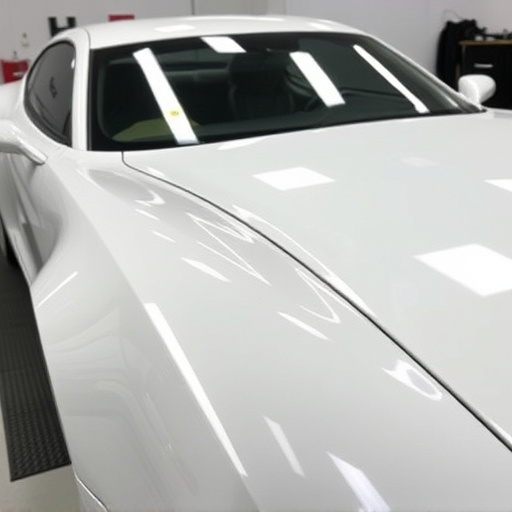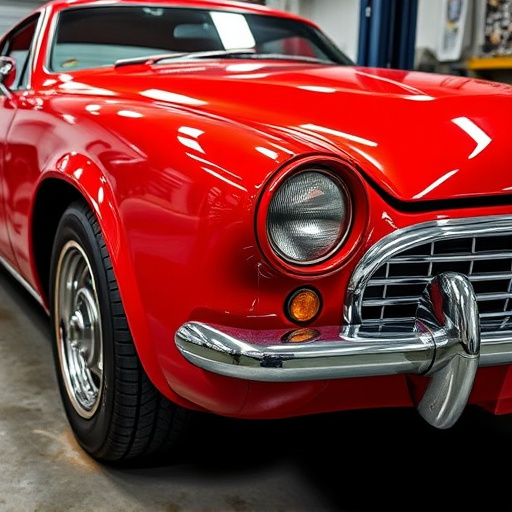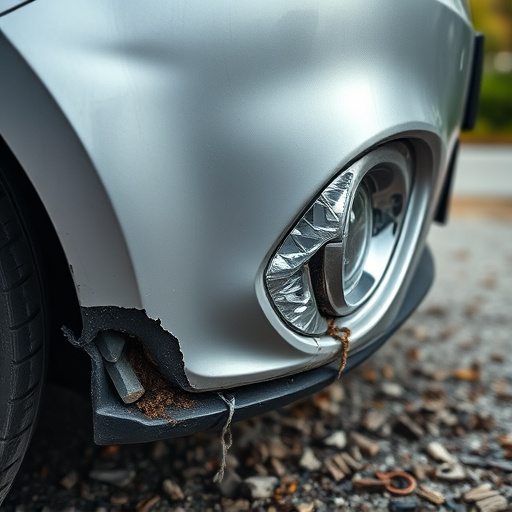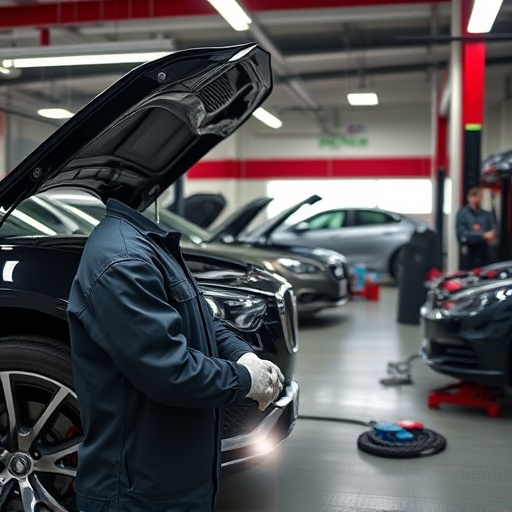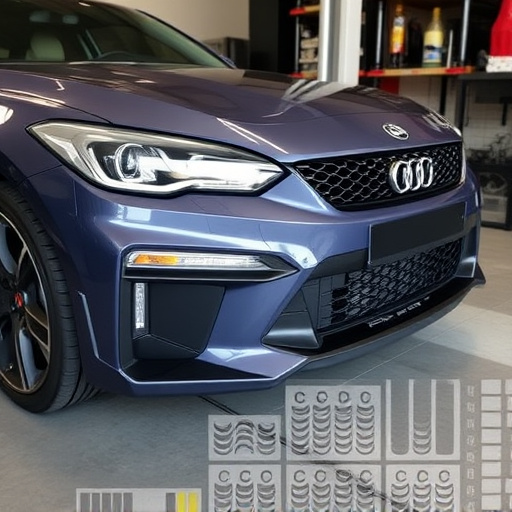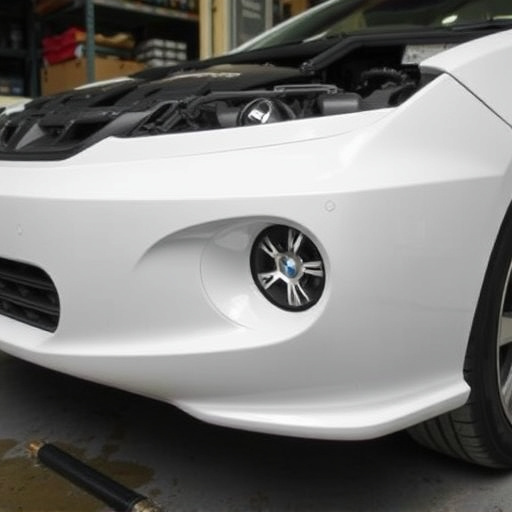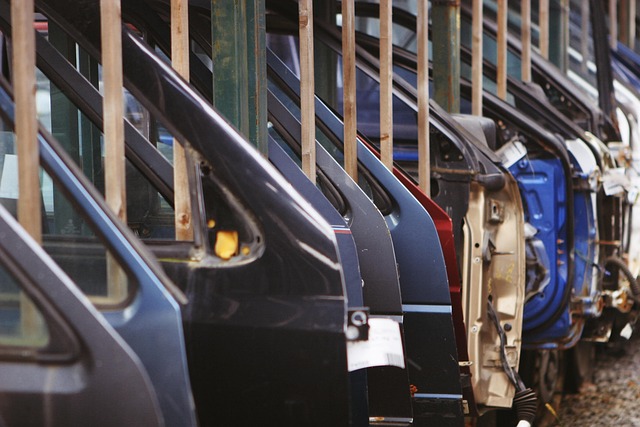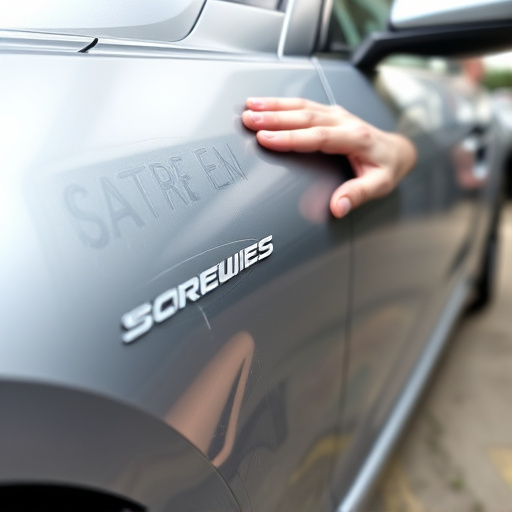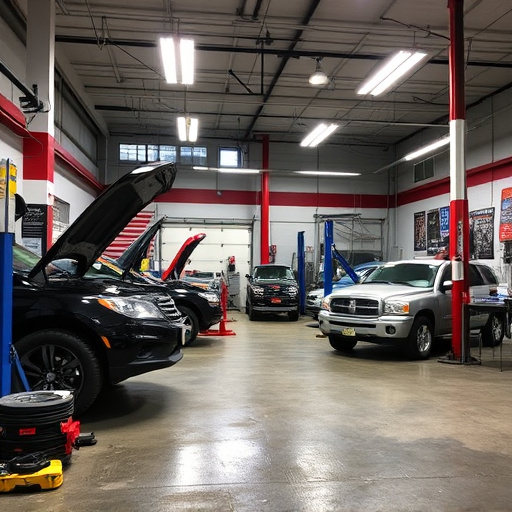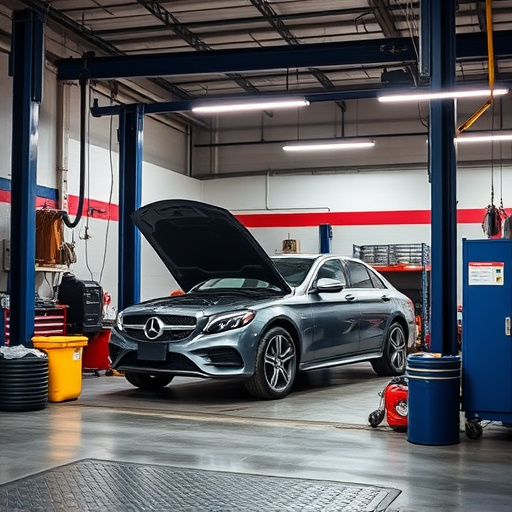District collision repair services face unique challenges from hybrid and electric vehicles due to their complex battery systems and specialized components. Skilled technicians require advanced training and tools for accurate repairs, prioritizing safety and efficiency. These centers contribute to environmental stewardship by reducing carbon emissions and stimulating local economies through job creation and community support, offering sustainable solutions for hybrid and electric vehicle owners.
In today’s evolving automotive landscape, district collision repair centers are playing a pivotal role in servicing hybrid and electric vehicles (EVs). This specialized segment of the industry demands unique skills and knowledge due to the intricate nature of these vehicles. From specialized tools and training to safety and recycling considerations, local collision repair shops are not just adapting but thriving. They offer community-focused benefits, ensuring convenient, efficient, and eco-friendly repairs for a growing fleet of EVs on our roads.
- Specialized Tools and Training for Hybrid Repairs
- Electric Vehicle Safety and Recycling Considerations
- Community Benefits of Localized Collision Repair Centers
Specialized Tools and Training for Hybrid Repairs
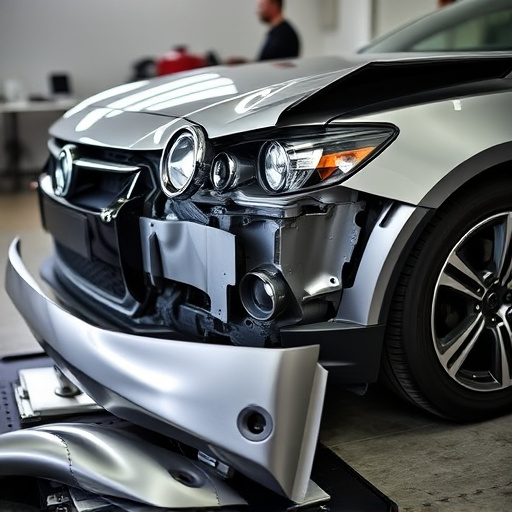
In the realm of district collision repair, hybrid and electric vehicles present unique challenges that demand specialized tools and training. As these vehicles incorporate intricate battery systems, advanced electronics, and innovative propulsion technologies, conventional repair methods often fall short. Skilled technicians in top-notch collision repair shops are equipped with the latest diagnostic tools to accurately assess and fix these complex mechanisms. This includes advanced scanning equipment for identifying electronic faults and specialized lift systems tailored for hybrid and electric vehicles’ unique body structures.
For instance, a Mercedes Benz collision repair shop would need to invest in state-of-the-art training programs to ensure their staff can handle the intricate repairs required. This involves learning about high-voltage battery packs, regenerative braking systems, and other cutting-edge components that set hybrid and electric vehicles apart from their conventional counterparts. Such specialized knowledge and tools are essential for delivering top-tier vehicle repair services while ensuring the safety and efficiency of these advanced automobiles.
Electric Vehicle Safety and Recycling Considerations
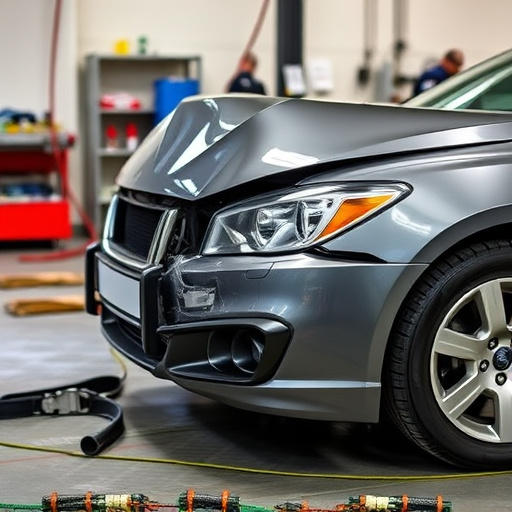
Electric Vehicles (EVs) present unique challenges for district collision repair services due to their intricate battery systems and specialized components. Safety is paramount when handling these vehicles, as EV batteries can store significant amounts of energy, requiring specific protocols and training for technicians to ensure a secure working environment. Proper ventilation, protective gear, and adherence to manufacturer guidelines are essential during collision damage repairs to mitigate risks associated with high-voltage systems.
Moreover, responsible recycling plays a crucial role in the sustainable management of EV parts. As vehicles age or undergo significant damage, requiring autobody repairs or automotive collision repair, it’s important for district shops to have procedures in place for safely disassembling and processing EV components, especially batteries. This involves proper disposal or reuse of materials, ensuring environmental protection while contributing to a circular economy by maximizing the value of recycled parts.
Community Benefits of Localized Collision Repair Centers
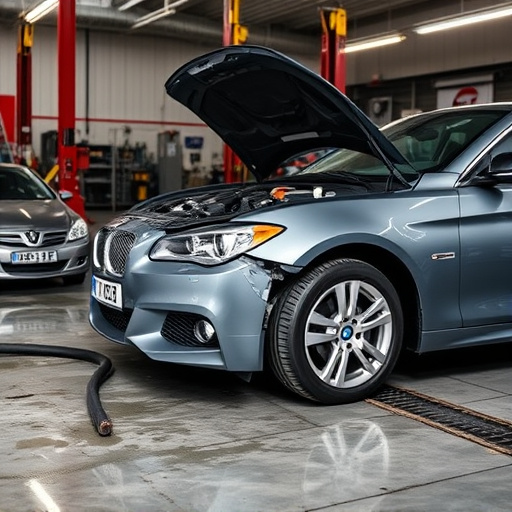
In the realm of modern transportation, district collision repair centers play a pivotal role in supporting both hybrid and electric vehicle owners within their communities. These locally-focused automotive body shops are more than just facilities; they are catalysts for several community benefits. Firstly, they foster a sense of sustainability by reducing the carbon footprint associated with long-distance travel for vehicle repairs. With an increasing number of residents opting for eco-friendly vehicles, local collision repair centers cater specifically to their needs, offering specialized services for hybrid and electric car bodywork.
Moreover, these centers contribute to economic vitality in the area, creating job opportunities and supporting local businesses. They often provide a range of services beyond basic collision repair, including tire services and other automotive body work, ensuring that residents have a one-stop solution for all their vehicle maintenance needs. This not only saves time but also strengthens the sense of community by keeping repair money circulating locally.
District collision repair centers specializing in hybrid and electric vehicles (HEVs) offer numerous advantages, from specialized tools and training to enhanced safety measures and recycling considerations. By supporting local repair shops, communities foster economic growth while ensuring efficient, environmentally conscious, and safe vehicle maintenance for HEVs. This localized approach benefits both residents and the environment, making district collision repair a game-changer in sustainable transportation.

